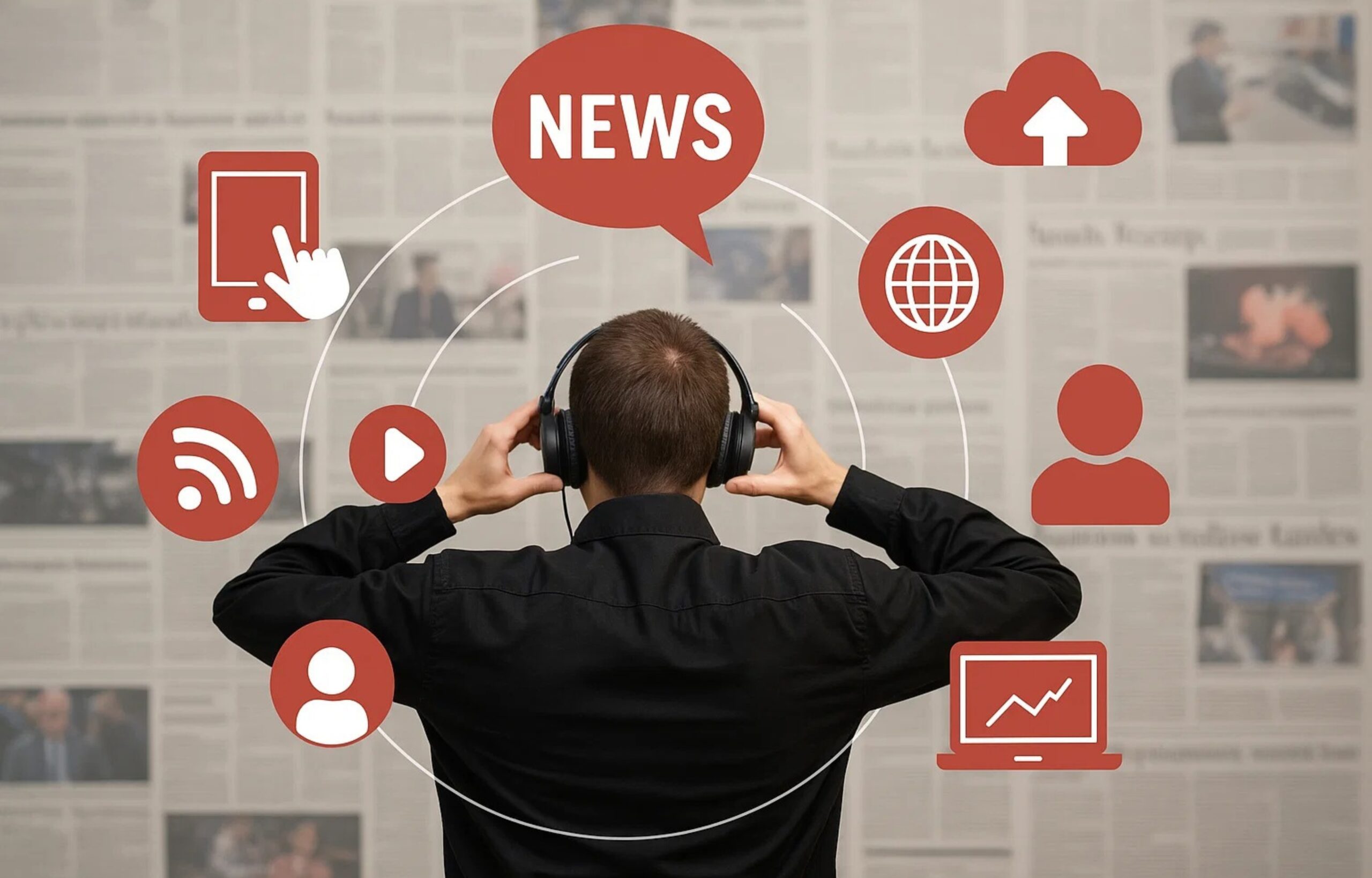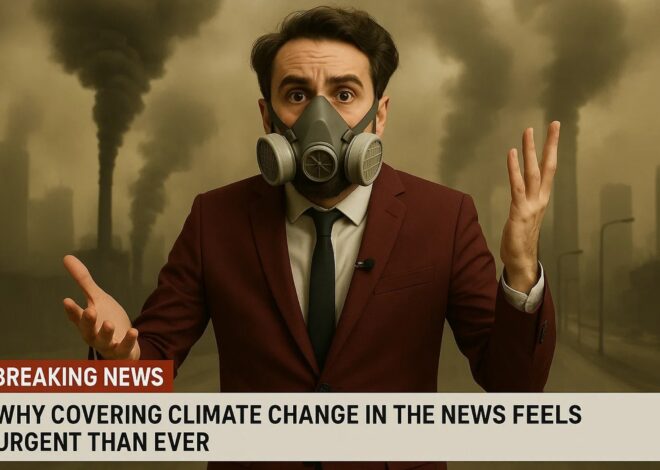
How Technology Changed The Way We Experience News — And What It Means For Us
You know that moment when you pick up your phone and bam — a dozen news alerts pop up before you even finish your morning coffee? I swear, I can barely start my day without catching up on headlines that seem to come from everywhere at once. It’s wild how much the way we get news has changed in just the last decade.
Remember the old days?
Back when I was a kid, news meant the morning newspaper or watching the evening news on TV. That slow, measured delivery gave you time to digest things, maybe discuss it with your family over dinner. Now? News feels like a firehose. Twitter, Instagram, TikTok — they’ve all turned into news hubs. For many people around the world, social media isn’t just for memes and friends; it’s their front row seat to history unfolding.
A report from the Reuters Institute in 2023 showed that over half of us get our news from social media. That’s huge. But it’s also a bit scary because alongside real news, misinformation and rumors spread just as fast.
But there’s a flip side: AI in the news world
Here’s a cool bit: AI isn’t just about robots and sci-fi. It’s actually helping newsrooms keep up with this flood of info. Ever wonder how Google News seems to pick the right stories for you? That’s AI analyzing tons of data to surface what’s most relevant and credible.
But there’s a catch — AI can also be misused to create deepfake videos or generate false stories. It’s a constant cat-and-mouse game between fake news creators and fact-checkers.
Why does this all matter?
At the end of the day, news shapes how we see the world — and how we act. When news is accurate and honest, it strengthens democracy. We can hold leaders accountable and make informed decisions. But when false information spreads, it can cause real harm — elections influenced by lies, societies divided, people confused about what’s true.
So, how do we navigate this crazy news world?
I try to be curious but skeptical. Before I share something shocking on social media, I ask myself, “Where did this come from? Is it credible?” Learning to spot bias, check sources, and avoid clickbait headlines has been a game-changer for me.
There’s also hope — schools are finally teaching media literacy, helping the next generation become smarter news consumers. And we, as readers, have power too: by demanding better journalism and supporting trustworthy news outlets, we keep the news ecosystem healthy.
Final thoughts
News isn’t going anywhere. If anything, it’s becoming faster and more complex. But that’s okay — as long as we stay engaged, critical, and thoughtful. Because in this digital age, staying informed isn’t just a habit, it’s a responsibility.

